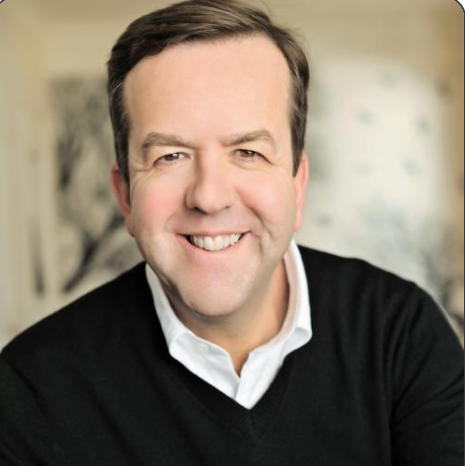Paid sharing and "price optimisation" are returning clear benefits for Netflix, with healthy subscriber growth (+8.8 million, up to 247 million) and an 8% YoY increase in revenue ($8.5 billion) in Q3. However, success of the advertising tier remains slow
In the UK, Netflix is growing revenues and ARPU, and although it is now a challenge to grow the subscriber base, there is a clear and large group of non-paying users that are now being targeted
Netflix's per household engagement is materially higher than its direct competitors. However, this is plateauing and has implications for revenue levers such as advertising impacts and price rises

